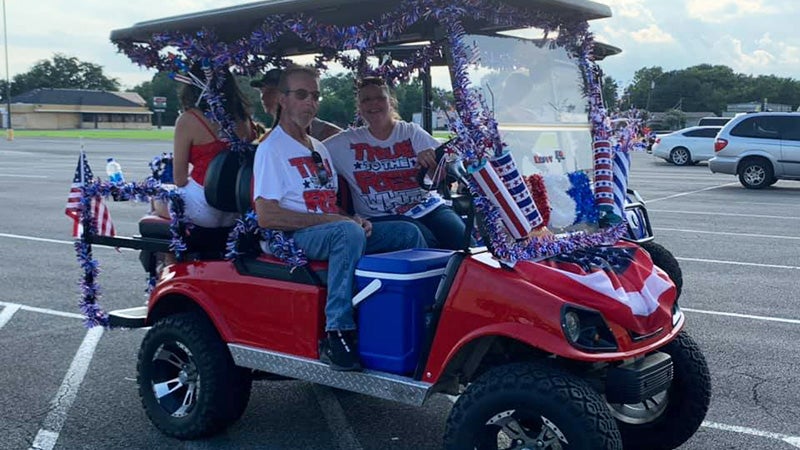JeffCo amateur radio club celebrates 75 years with ARRL
Published 10:23 am Monday, November 14, 2016

- JCARC member Ron Harvey sends out a message using Morse code. (Lorenzo Salinas/The News)
“CQ, CQ, CQ calling…”
If one were in Nederland on a particular street in a particular building at a particular time, one may have heard this general call being made by an amateur radio operator on Saturday.
The Jefferson County Amateur Radio Club (JCARC) celebrates the 75th anniversary of its affiliation with the American Radio Relay League (ARRL) Saturday and Sunday.
The public is invited to learn about amateur, or ham, radio at the event, where club members come together and talk about their shared love of ham radio.

JCARC President Chuck Vincent monitors a display connected to various radio equipment. (Lorenzo Salinas/The News)
“It’s our 75th anniversary with the ARRL. The club’s been affiliated with them since 1941,” Kirk Mahaney, Vice President of the JCARC, said.
“It used to be known as the Port Arthur Radio Club before switching over to Jefferson County.”
Mahaney has been a member of the JCARC for 10 years, and has been its Vice President for five years. He expressed respect for the club’s history.
Mahaney indicated the building behind him that was once the Nederland Public Library on Boston Ave. It is now one of their two current radio stations.
“We found some historical documents at this station. History is something everyone should try to preserve,” Mahaney said.
“We lease this building and a building next door. We’re fortunate to have permanent radio stations.”
Public service also appeared to be an important part of the JCARC.
Mahaney and other JCARC members contribute to public service by being members of corps like the Amateur Radio Emergency Service (ARES), in which they volunteer in public service and emergency communications.
They are also authorized to assist in such departments as the Beaumont DPS office.
“We provide a way to communicate on short notice,” Mahaney said. “We’ll help when emergency services are overloaded. We’ll step in on short notice and send up waves.”
JCARC members participate in various public service events and, according to Mahaney, have logged in approximately 1,400 man-hours of public service work.
Still, the appeal of amateur radio for Mahaney appeared to be manifold.
“There are many reasons,” Mahaney said. “One that we laughingly refer to is the ‘magic’ of amateur radio.
“There’s a magic to talking to people in other states, in other countries — in talking to people around the world.”
Mahaney pointed to a radio wire hanging overhead and said, “That is kind of magical when you think about it. We talk off a piece of wire.”
Mahaney also highlighted what he considered amateur radio’s “personal touch.”
“Before there was social media, there was ham radio. To me, it seems like it’s more personal.
“You can speak to people. You can hear how they speak; you can hear the inflection in their voice. It’s unlike sending texts back and forth.”
Amateur radio in the United States is regulated by the Federal Communications Commission (FCC). There are three licensing levels, and Mahaney said they hold licensing classes for prospective students.
“We’re governed by the FCC. They set aside slots or bands for amateur radio. The slots or bands are what makes it unique,” Mahaney said.
Mahaney explained that radio frequencies could be affected in various ways by several factors, including the moisture content in the air and a particular time of day.
In addition, certain radio waves could refract or “bounce” off of the ionosphere differently depending on such factors as whether it was a sunny day or not.
“A lot of us come from CB (citizens band) radio,” Mahaney said. “There’s only one band there; there are six bands in amateur radio.”
The JCARC event was also a way to introduce new people to amateur radio.
“We’re always trying to get newer and younger members to join,” Mahaney said.
There are currently 78 members in the JCARC, according to Mahaney.
The JCARC vice president also mentioned Field Day, a national event in June, where many amateur radio operators come together and “try to make as many contacts as you can.”
“There’s not many clubs that last 75 years,” Mahaney said.






